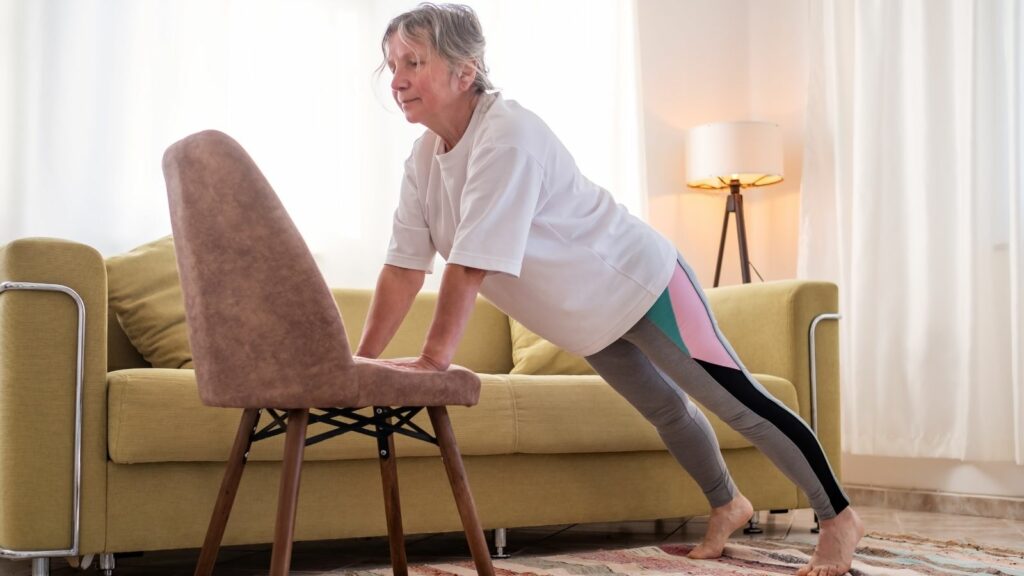We all have a daily routine, from what time we get up to the food we eat and how we interact with technology. While you may think your daily routine is harmless, many common habits could be quietly impacting your health. From the way you sit to the products you use, we look at 20 surprising health risks hiding in plain sight:
Sitting for Long Periods

Sitting for extended periods, whether at your desk or on the couch, can lead to health issues like back pain, poor posture and even an increased risk of heart disease. Experts recommend getting up to move every 30 minutes to offset the risks of a sedentary lifestyle.
Using Your Phone Before Bed
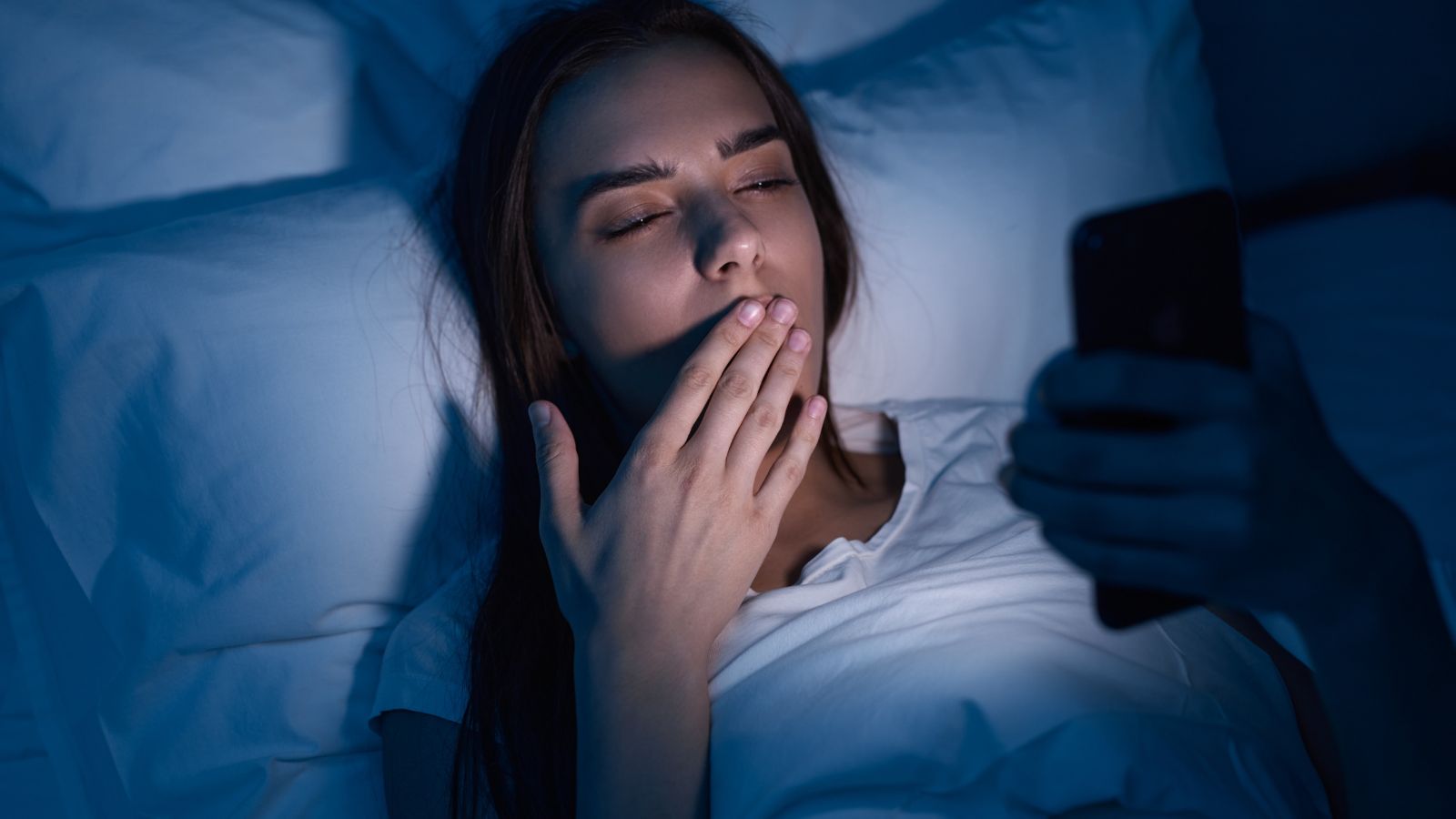
The blue light emitted by phones and tablets can interfere with your natural sleep cycle by suppressing melatonin production. Reduced sleep quality over time can lead to sleep disorders, decreased productivity and a weakened immune system.
Skipping Breakfast

Skipping breakfast is a common habit, but it can lead to issues like low blood sugar, decreased concentration and even weight gain. Studies show that eating a balanced breakfast helps boost metabolism and provides lasting energy.
Drinking From Plastic Bottles
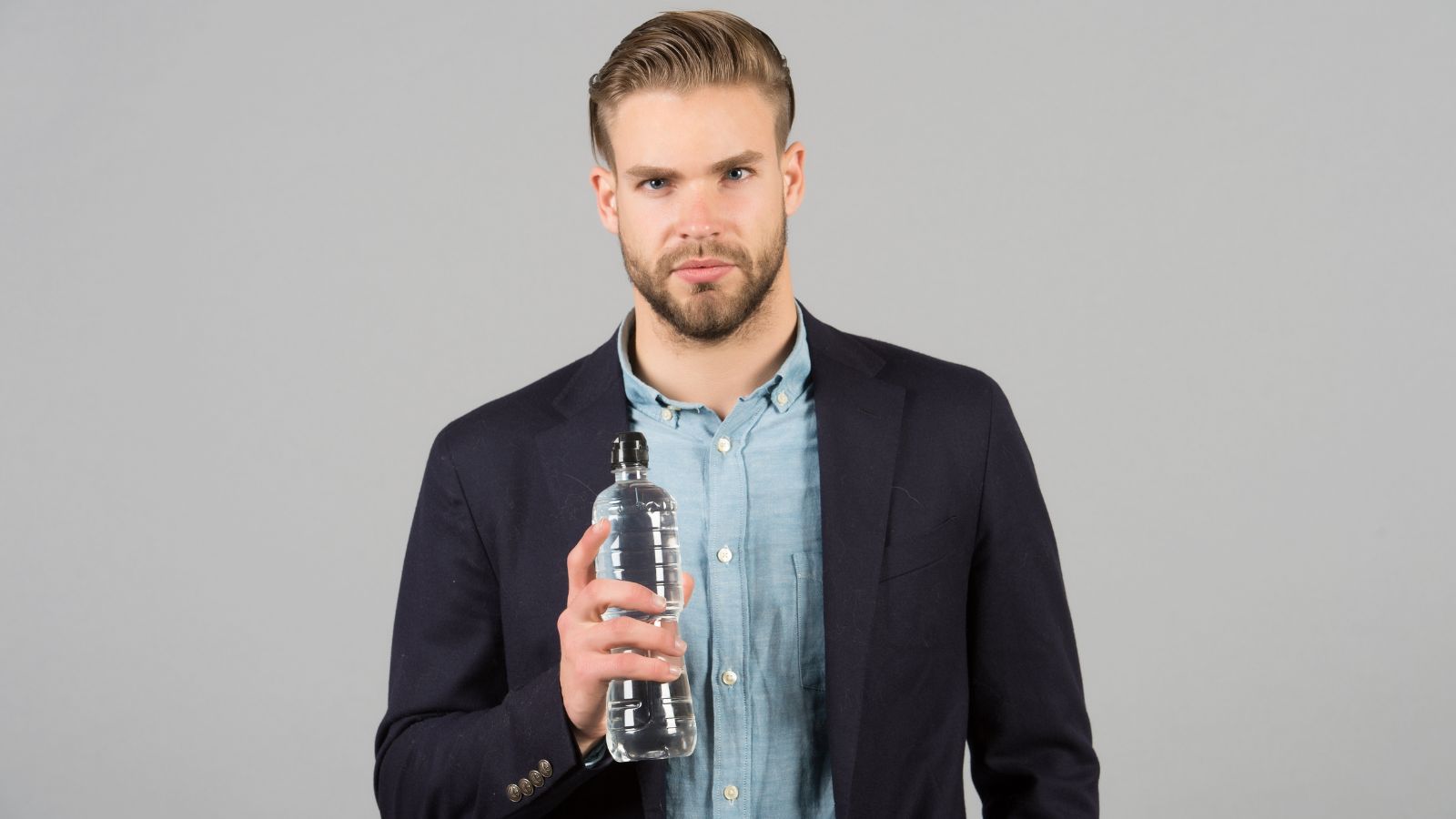
Plastic bottles can leach chemicals like BPA and phthalates into your drink, especially when exposed to heat. These chemicals are linked to hormonal disruptions and can impact reproductive health, making reusable bottles a safer option.
Using Headphones at High Volume

Listening to music at high volumes can cause gradual hearing loss. Over time, loud sounds damage the sensitive hair cells in your inner ear, leading to permanent hearing issues. Keep your volume below 60% and take regular breaks.
Not Changing Your Toothbrush Often Enough
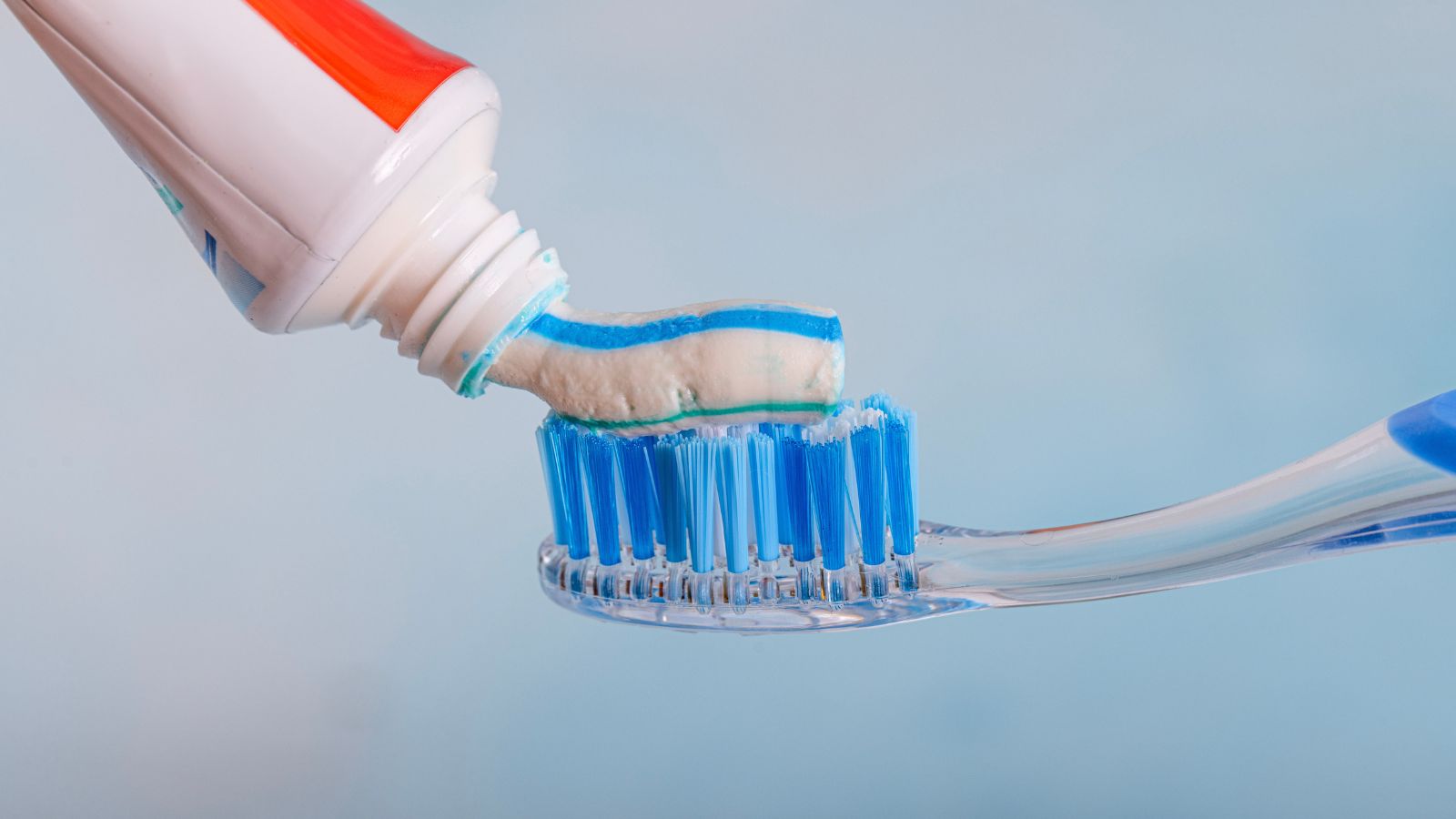
Bacteria, plaque, and food particles accumulate on toothbrushes and using them past their prime can increase the risk of gum disease and oral infections. Dentists recommend changing your toothbrush every three months.
Working in Low Light

Poor lighting in workspaces or home offices can lead to eye strain and headaches. Low light can force your eyes to work harder, which can eventually impact vision. Try working in well-lit areas or use task lighting to reduce eye strain.
Crossing Your Legs When Sitting
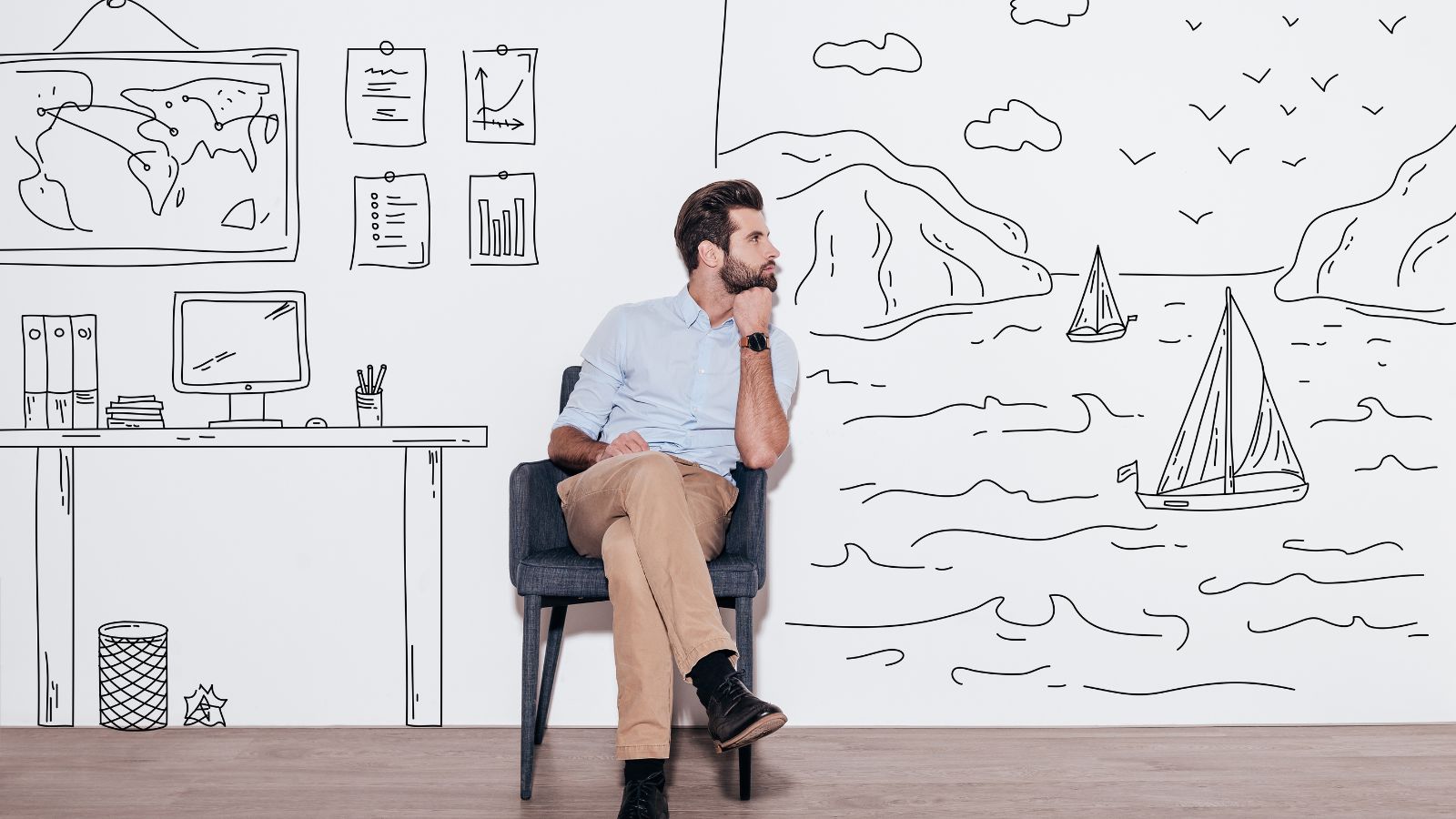
While sitting cross-legged may seem comfortable, it can put stress on veins in your legs, increasing the risk of varicose veins. It can also affect circulation and cause discomfort over time.
Using Fragranced Household Products
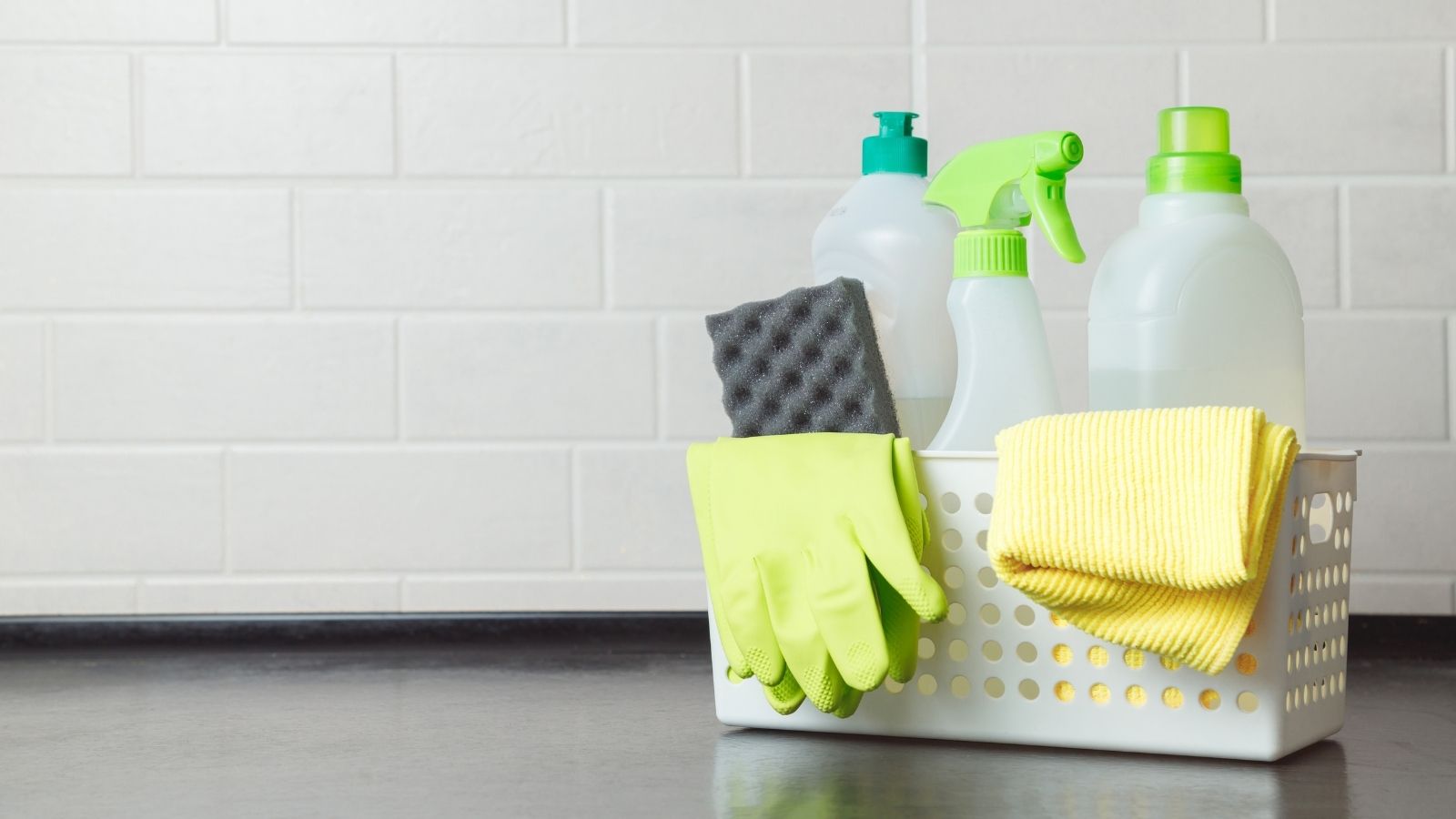
Air fresheners, candles, and cleaning sprays often contain volatile organic compounds (VOCs) that release chemicals into the air. These can cause respiratory issues, trigger allergies and may contribute to long-term health risks.
Touching Your Face Frequently
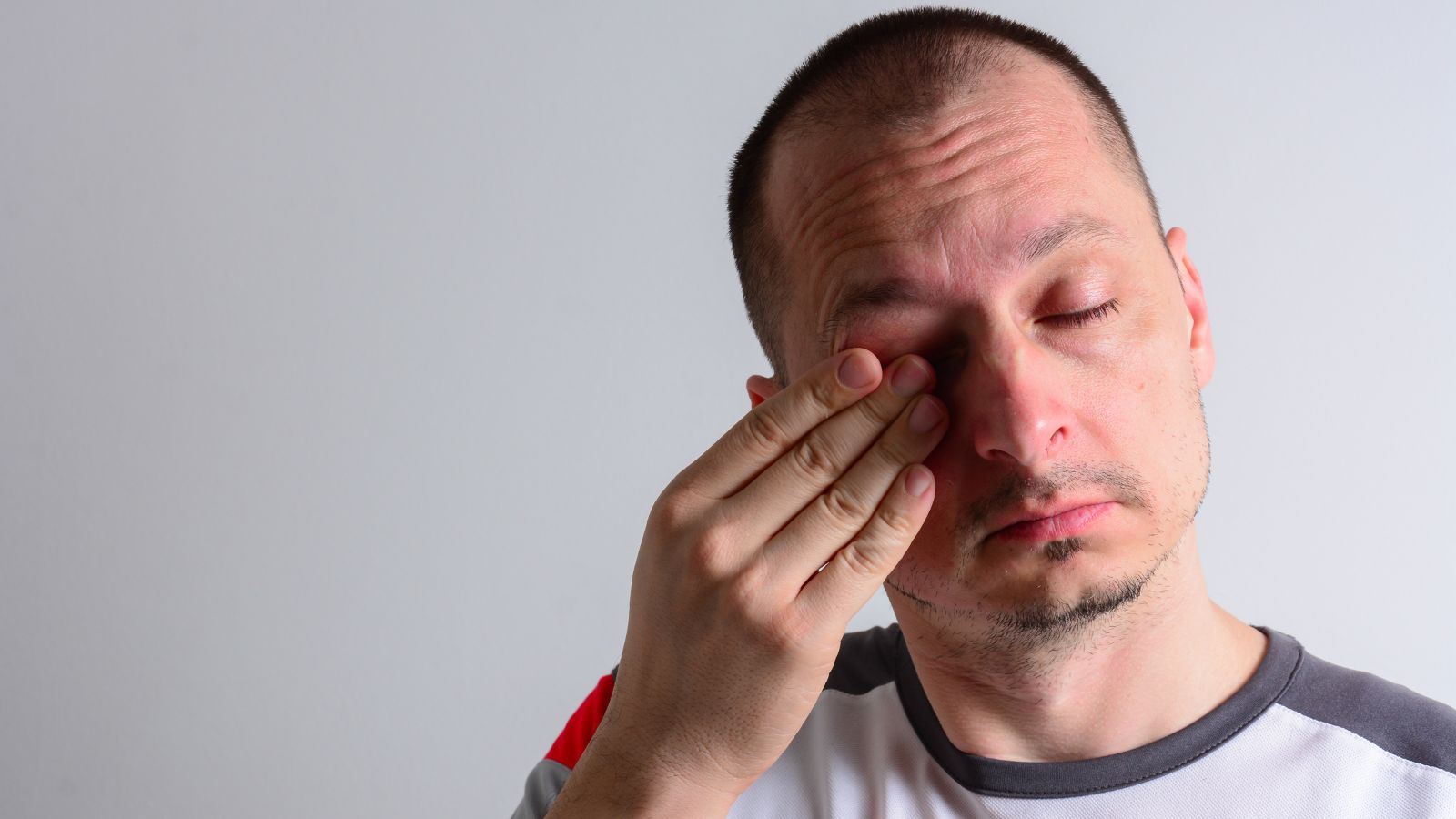
Touching your face is a common unconscious habit that can lead to acne, skin infections, and even illness. Germs from your hands can easily transfer to your skin, especially near your nose, mouth and eyes.
Leaving Electronics Plugged In Overnight
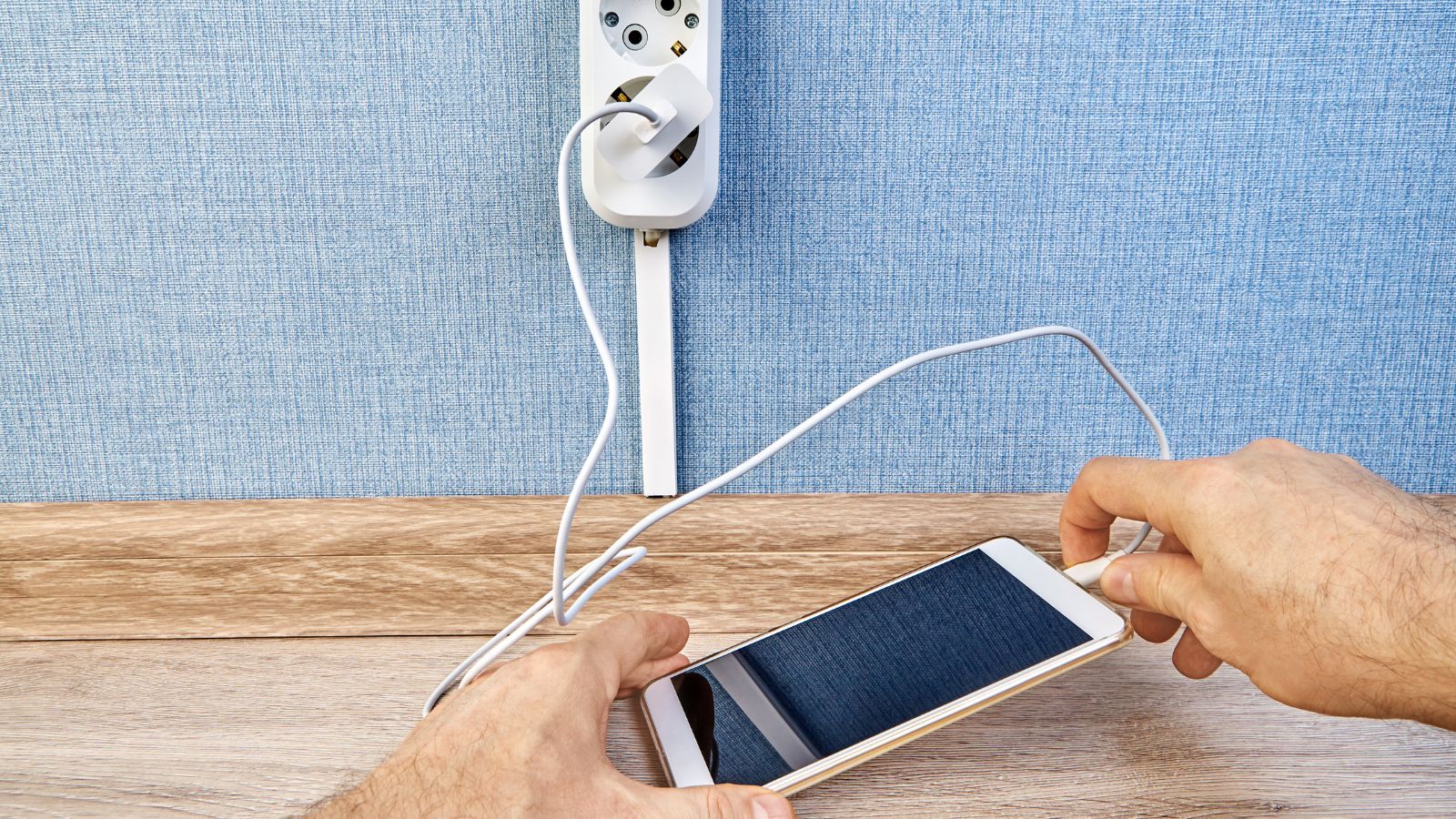
Keeping electronics plugged in can emit low levels of electromagnetic fields (EMFs) which some studies suggest might be linked to health issues over long exposure periods. Although the risks are still debated, unplugging devices when not in use is a good habit.
Sleeping on Your Stomach
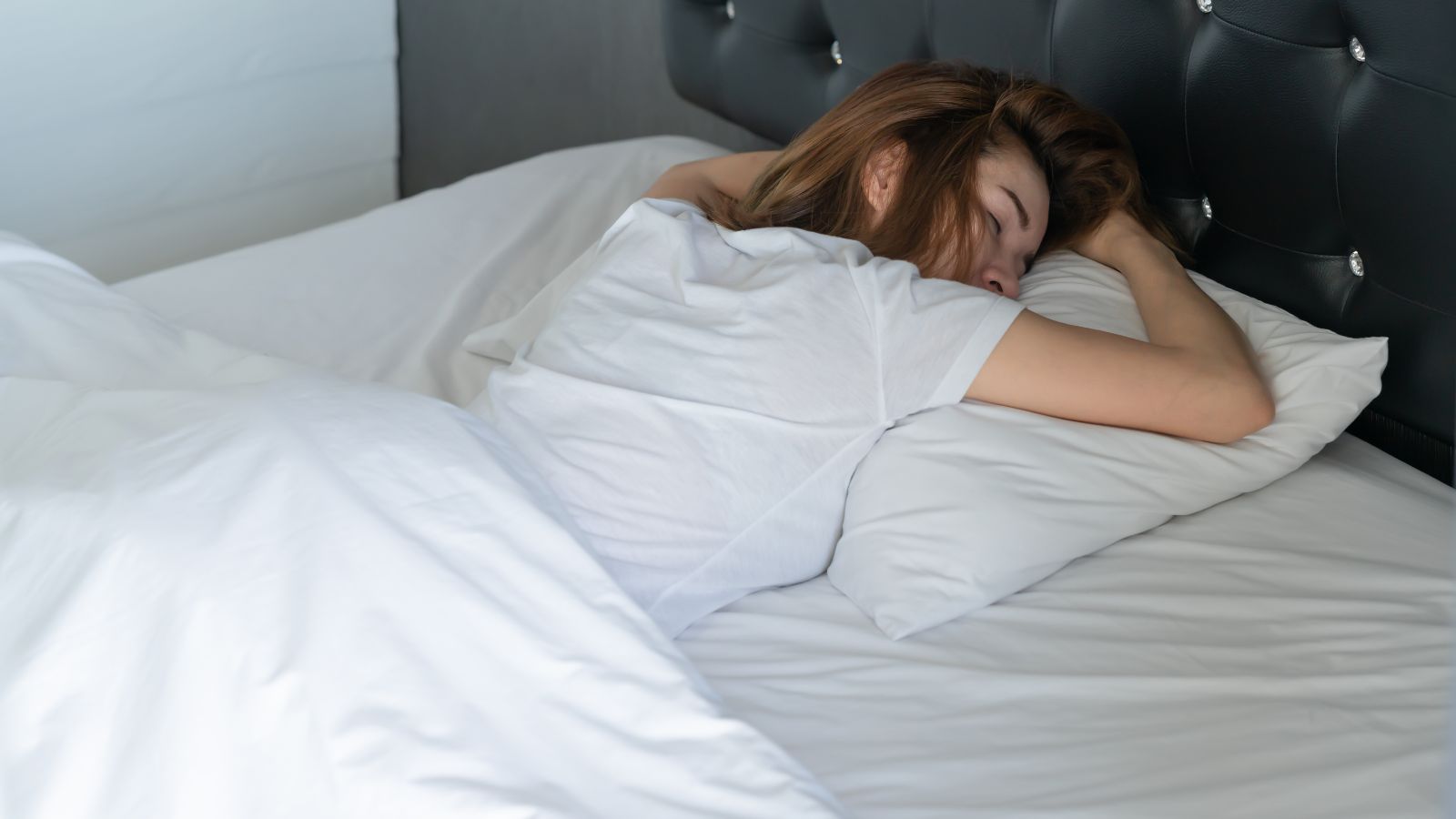
Stomach-sleeping puts pressure on your neck and spine, which can lead to chronic back pain and discomfort. Side or back sleeping is better for spinal alignment, reducing pressure and allowing for a healthier night’s rest.
Using Antibacterial Soaps
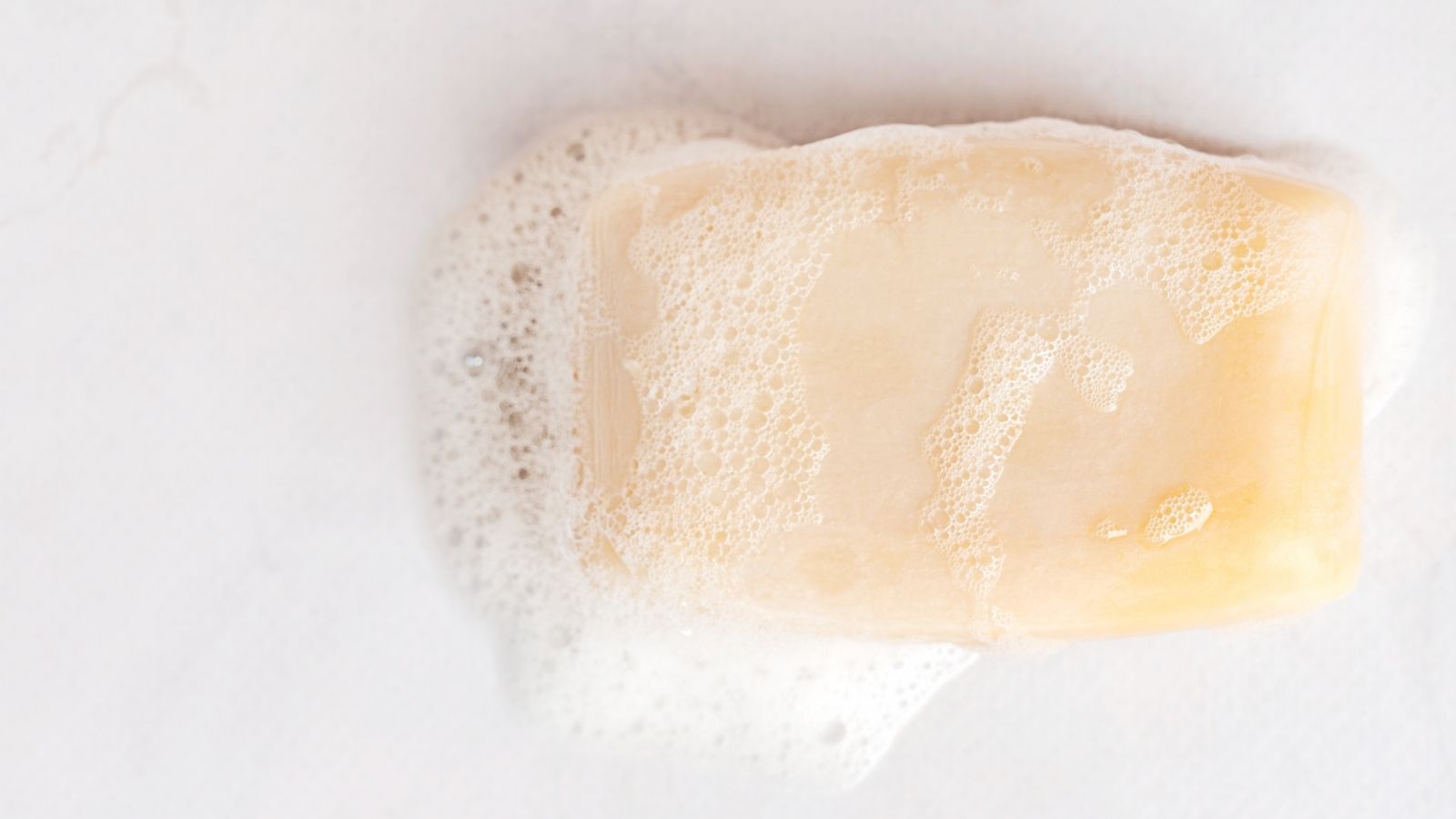
Frequent use of antibacterial soaps may disrupt your natural skin microbiome and lead to antibiotic resistance. Mild, non-antibacterial soap and water are just as effective at cleaning without the added risks.
Wearing Flip-Flops Regularly
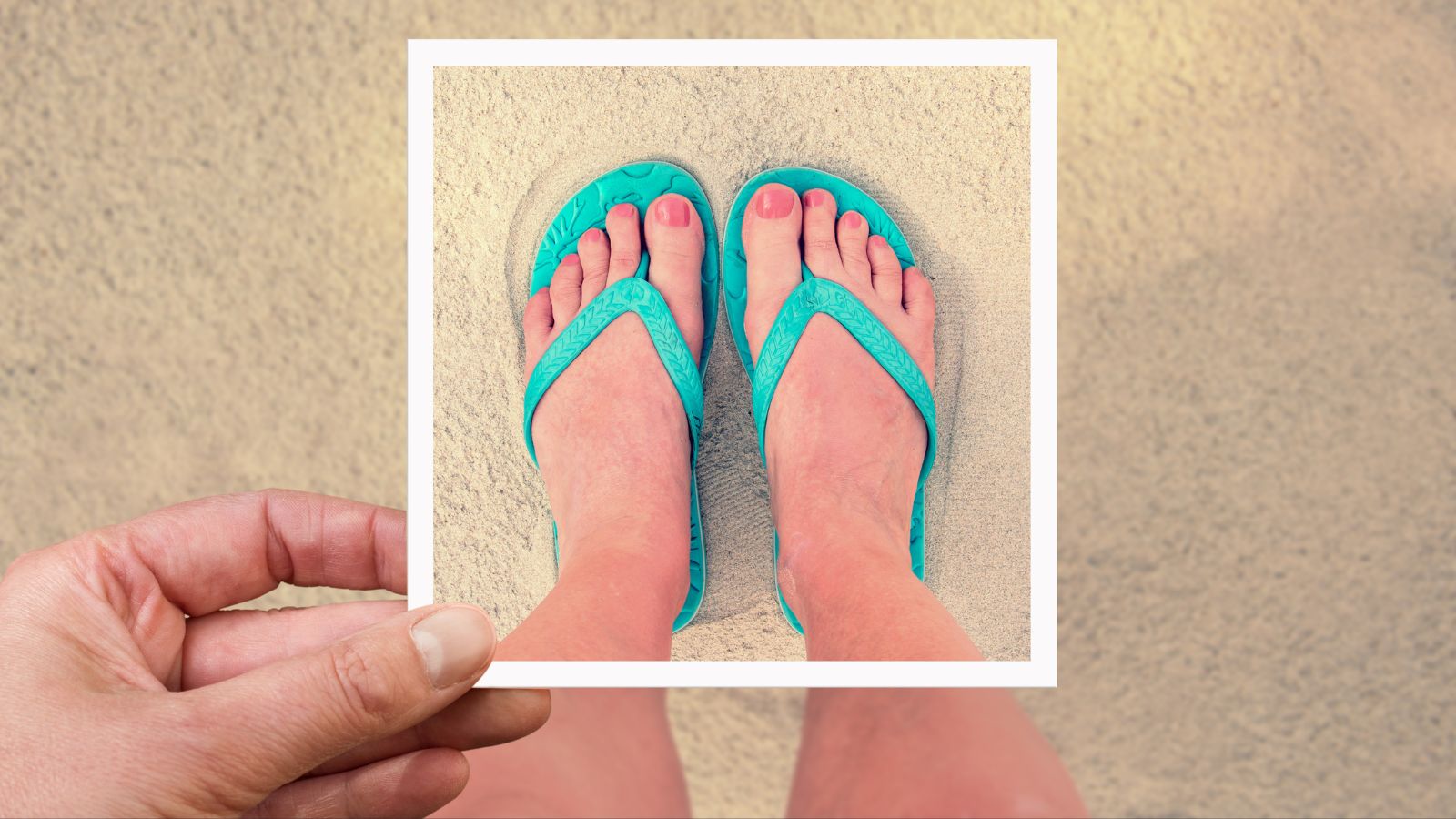
Flip-flops provide minimal support, which can lead to foot pain, joint issues and increased risk of injury. For better arch support, save flip-flops for short-term wear and opt for supportive footwear when walking long distances.
Skipping Stretching Before and After Exercise
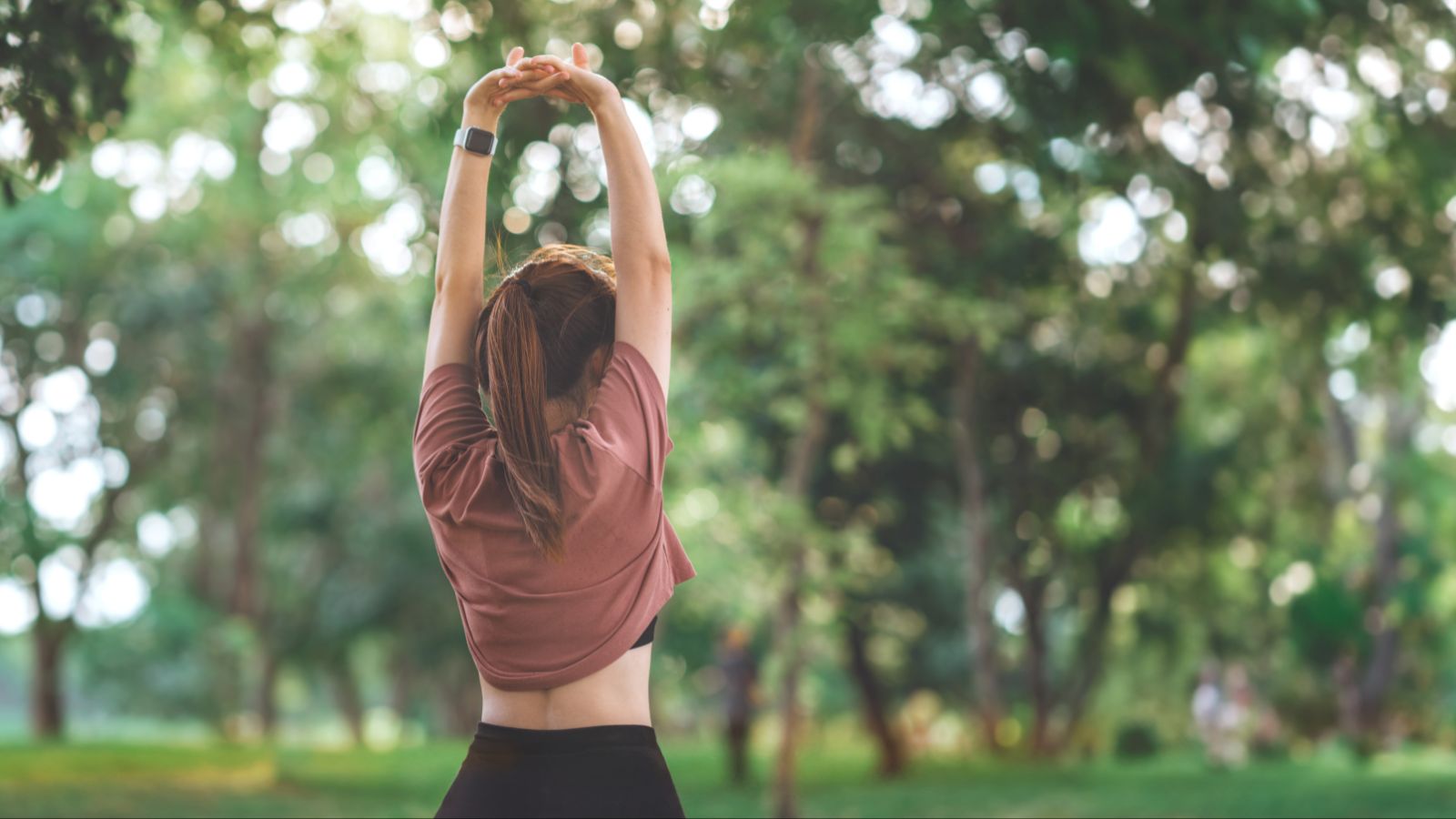
Neglecting to stretch can lead to injuries, especially with more intense workouts. Stretching helps improve flexibility, prevent muscle tightness and enhance blood flow, all crucial for a safe exercise routine.
Using Chemical-Based Cleaning Products Indoors
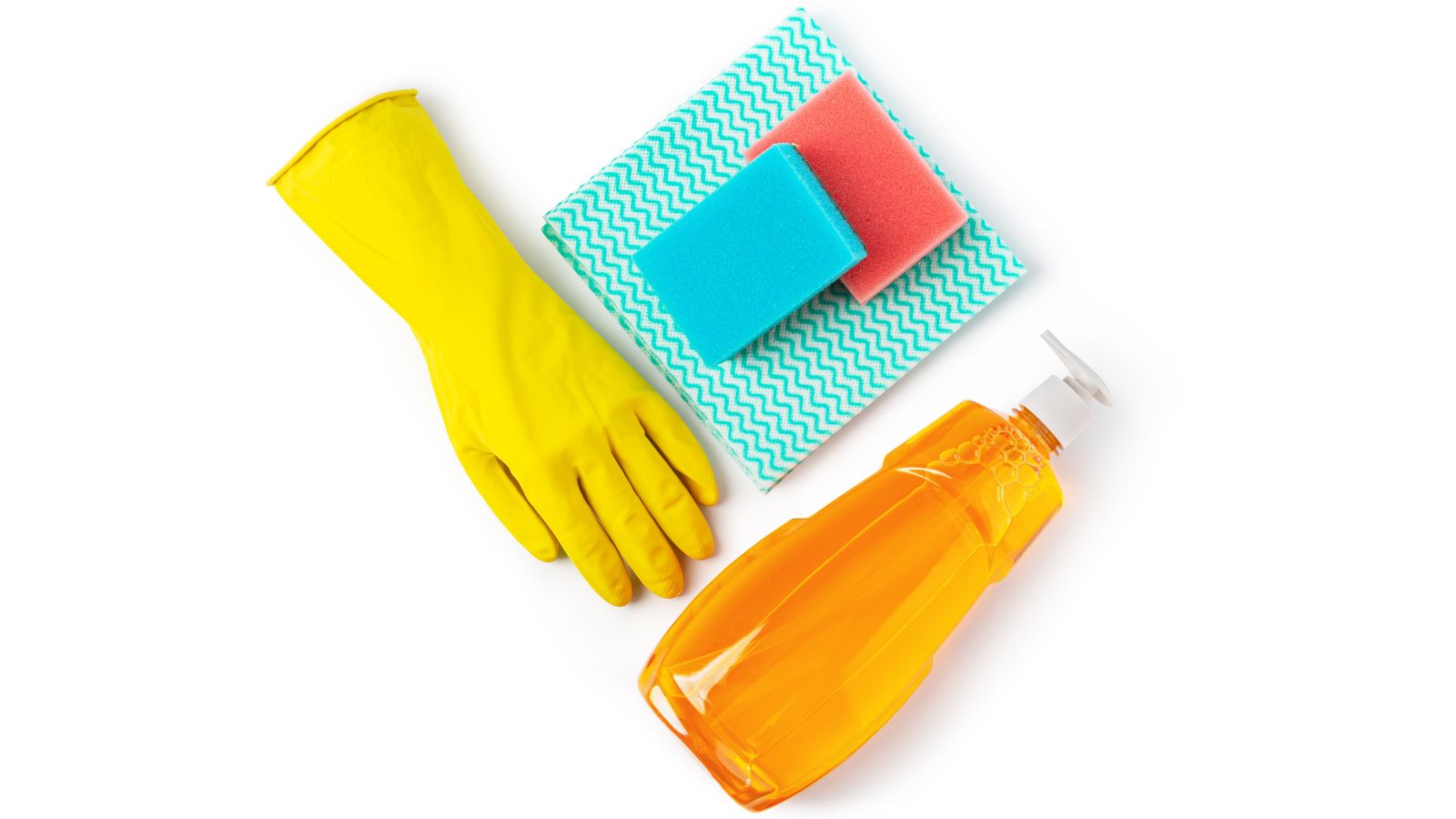
Many commercial cleaning products contain harsh chemicals that can irritate skin, eyes and lungs. When inhaled or absorbed, these chemicals can build up in your system. Opting for eco-friendly or natural cleaners can reduce your exposure to toxins.
Sleeping With Your Phone Near Your Bed
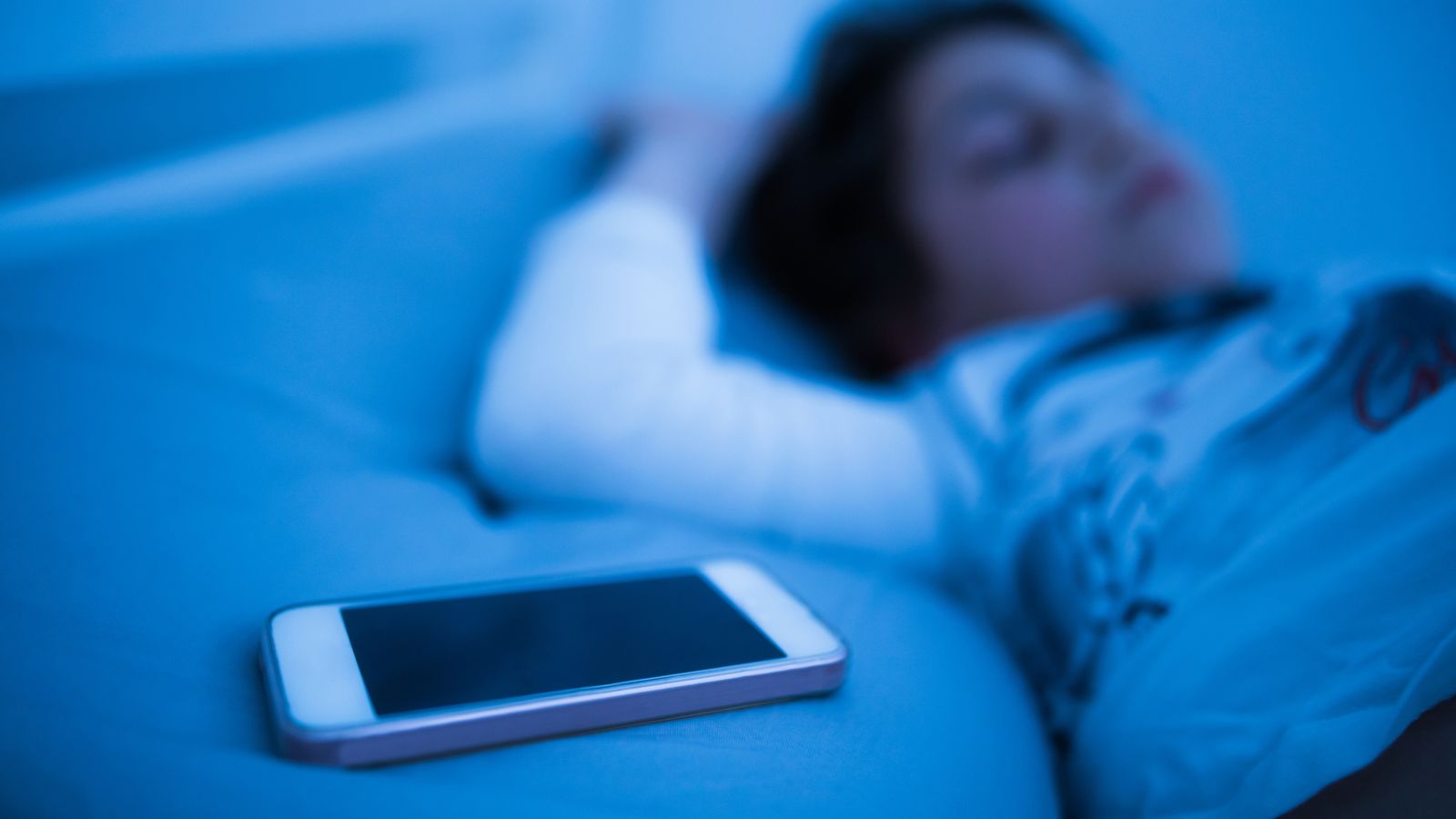
Many people sleep with their phones nearby, but electromagnetic emissions and LED light exposure can disturb sleep quality and may contribute to sleep disorders. Try placing your phone on airplane mode or away from your bed at night.
Not Drinking Enough Water

Dehydration can lead to fatigue, headaches and even more severe health issues. Many people don’t drink enough water throughout the day, especially if they consume caffeine or alcohol, which are dehydrating.
Skipping Regular Eye Exams
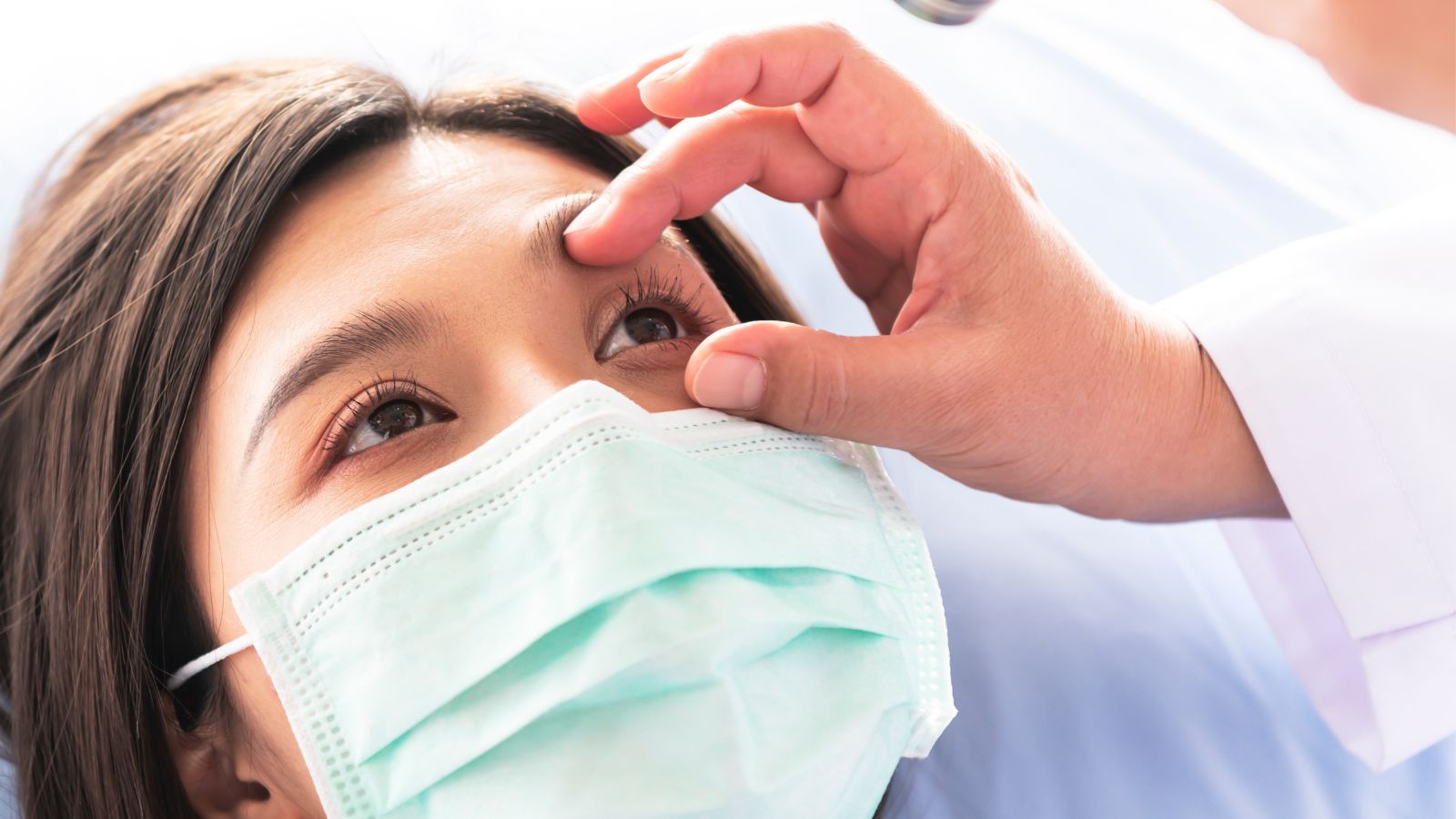
If you’re not experiencing symptoms, you might be tempted to skip eye exams, but regular checkups are essential. Eye exams can detect vision issues and early signs of conditions like glaucoma, diabetes and high blood pressure.
Overuse of Over-the-Counter Medications

Taking medications like pain relievers too often can lead to issues like liver damage, stomach ulcer, and even increased sensitivity to pain over time. It’s important to follow dosing instructions and consult with a healthcare provider if symptoms persist.
Quotes are not sourced from all markets and may be delayed up to 20 minutes. Information is provided ‘as is’ and solely for informational purposes, not for trading purposes or advice.Disclaimer
18 Reasons Why People Are Leaving Florida in Masses

Exploring factors that impact the desirability of living in Florida, this list delves into various challenges shaping residents’ experiences. From environmental concerns like rising sea levels to economic factors such as fluctuating job markets, these issues collectively contribute to a nuanced understanding of the state’s appeal.
18 Reasons Why People Are Leaving Florida in Masses
